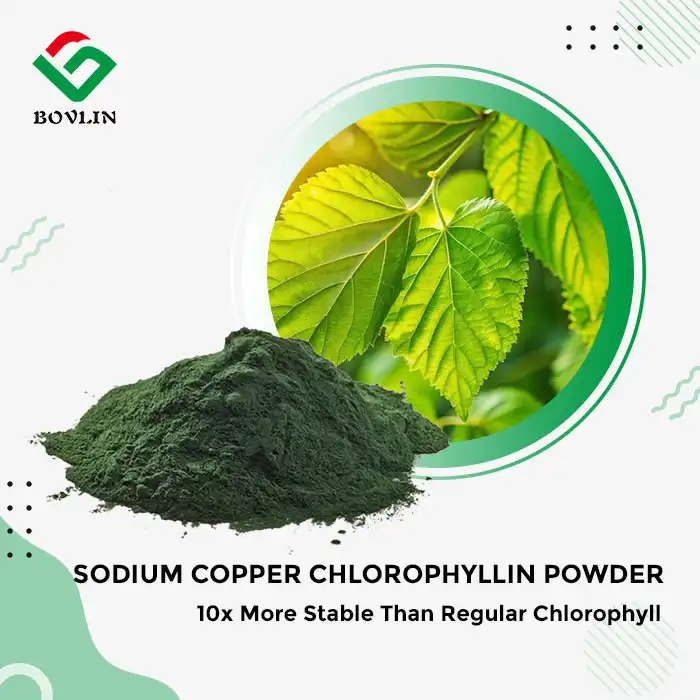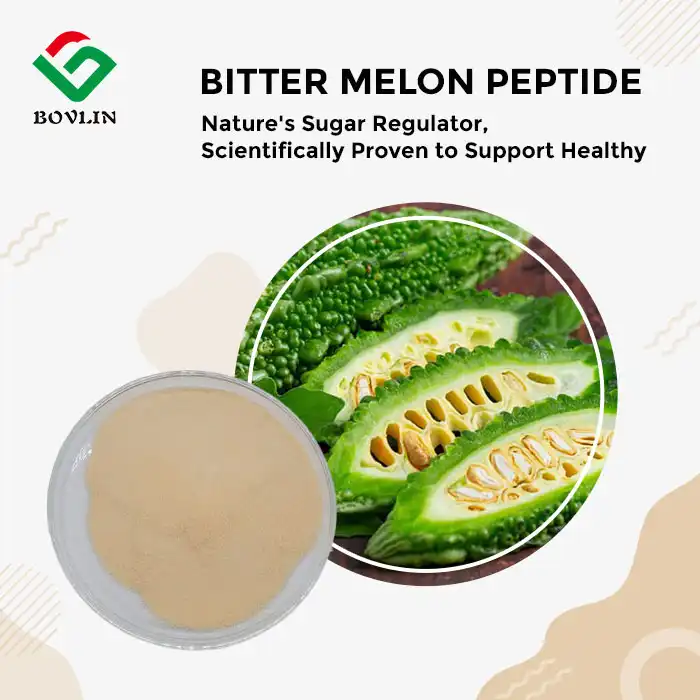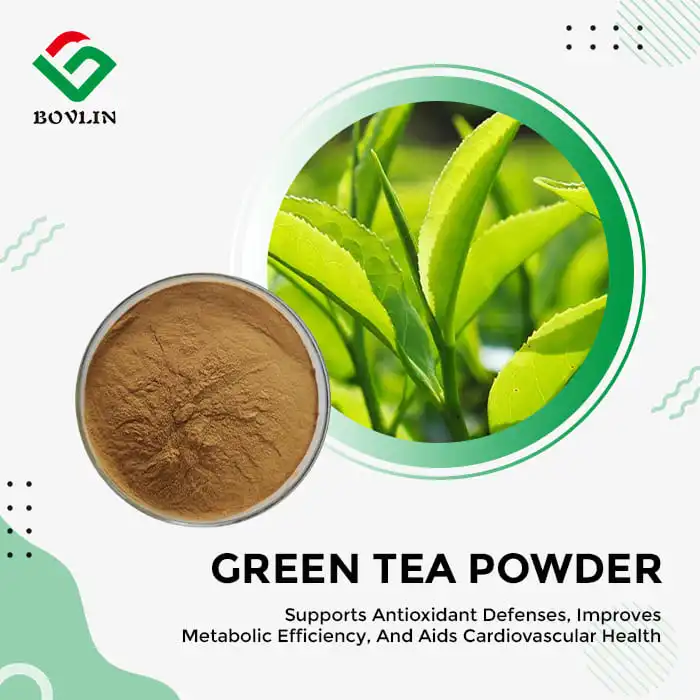How Is Apple Cider Vinegar Powder Incorporated into Functional Formulas?
Versatile Application Methods
Apple cider vinegar powder is highly adaptable and can be integrated into a wide range of functional food and supplement formulations. Its stable, dry form makes it ideal for use in powdered drink mixes, nutritional bars, capsules, and tablets. Manufacturers appreciate its ease of handling, precise measurability, and uniform dispersibility in production processes. Additionally, its compatibility with both dry and liquid systems enables it to be used in instant beverages or reconstituted solutions, expanding product development possibilities across different health-focused formats.
Synergistic Ingredient Combinations
To enhance functionality, apple cider vinegar powder is frequently combined with other health-promoting ingredients. Probiotics are a common pairing, as the vinegar's acetic acid content may help support gut flora and digestion. Similarly, adding dietary fibers can amplify its potential role in satiety and weight control. These targeted blends enable manufacturers to craft products that address specific wellness goals - such as metabolism support or digestive health - offering consumers greater value through multi-functional benefits in a single, convenient formulation.
Encapsulation Technologies
Encapsulation plays a crucial role in maximizing the effectiveness and appeal of apple cider vinegar powder. Through microencapsulation, the strong taste and aroma characteristic of vinegar can be significantly masked, making the final product more pleasant for consumers. This technique also safeguards sensitive bioactive compounds from environmental degradation during storage or processing. The result is a more stable, shelf-ready ingredient that maintains its functional properties over time, allowing manufacturers to deliver reliable health benefits without compromising product flavor or integrity.
Enhancing Flavor and Health Benefits in Food Products
Balancing Taste Profiles
While apple cider vinegar powder can impart a tangy flavor, skilled formulators use it to balance and enhance overall taste profiles in functional foods. Its acidity can brighten flavors in savory snacks, add depth to smoothie powders, or provide a subtle kick to energy bars. By carefully adjusting quantities and combining it with other flavors, manufacturers can create products that are both nutritious and delicious.
Boosting Nutritional Value
Apple cider vinegar powder contributes to the nutritional density of functional foods. Rich in acetic acid and potentially containing trace amounts of vitamins and minerals, it can enhance the overall nutritional profile of products. Manufacturers often highlight these added benefits on product labels, appealing to health-conscious consumers seeking foods with functional ingredients.
Texture and Stability Improvements
Beyond flavor and nutrition, apple cider vinegar powder bulk can play a role in improving food texture and stability. Its acidic nature may help preserve certain products naturally, potentially reducing the need for artificial preservatives. In some applications, it can also contribute to texture modifications, such as tenderizing in meat alternatives or providing a slight crispness in baked goods.

Regulatory and Labeling Considerations in Food Innovation
Compliance with Food Safety Standards
Manufacturers incorporating apple cider vinegar powder into functional foods must adhere to strict food safety regulations. This includes ensuring the powder is sourced from reputable suppliers who adhere to Good Manufacturing Practices (GMP) and can provide the necessary certifications. Quality control measures should be implemented to test for contaminants and verify the potency and purity of the powder before it is used in food products.
Accurate Labeling and Claims
When using apple cider vinegar powder in functional foods, accurate labeling is crucial. Manufacturers must list the ingredient on product labels, typically as "apple cider vinegar powder" or "dehydrated apple cider vinegar." Any health claims related to the inclusion of this ingredient must be carefully worded and supported by scientific evidence to comply with regulatory guidelines. It's essential to avoid making unsubstantiated health claims that could mislead consumers or attract regulatory scrutiny.
Organic Certification Considerations
For products marketed as organic, manufacturers must ensure that the apple cider vinegar powder used is certified organic. This involves sourcing organic apple cider vinegar powder bulk from suppliers who can provide valid organic certifications. The entire production process, from the apples used to make the vinegar to the drying process, must adhere to organic standards set by relevant authorities. Maintaining proper documentation and traceability throughout the supply chain is crucial for organic certification compliance.
Conclusion
Apple Cider Vinegar Powder has established itself as a valuable ingredient in the functional food industry, offering manufacturers a convenient way to incorporate the benefits of apple cider vinegar into their products. Its versatility in application, potential health benefits, and ability to enhance flavor profiles make it an attractive option for innovative food formulations. As the demand for functional foods continues to grow, apple cider vinegar powder is likely to play an increasingly important role in product development, offering consumers new ways to incorporate this traditional health food into their diets through convenient, fortified products.
Contact Us
Are you interested in incorporating apple cider vinegar powder into your functional food products? Contact Shaanxi Bolin Biotechnology Co., Ltd. at sales1@bovlin.com for high-quality, organic apple cider vinegar powder and expert guidance on formulation.












